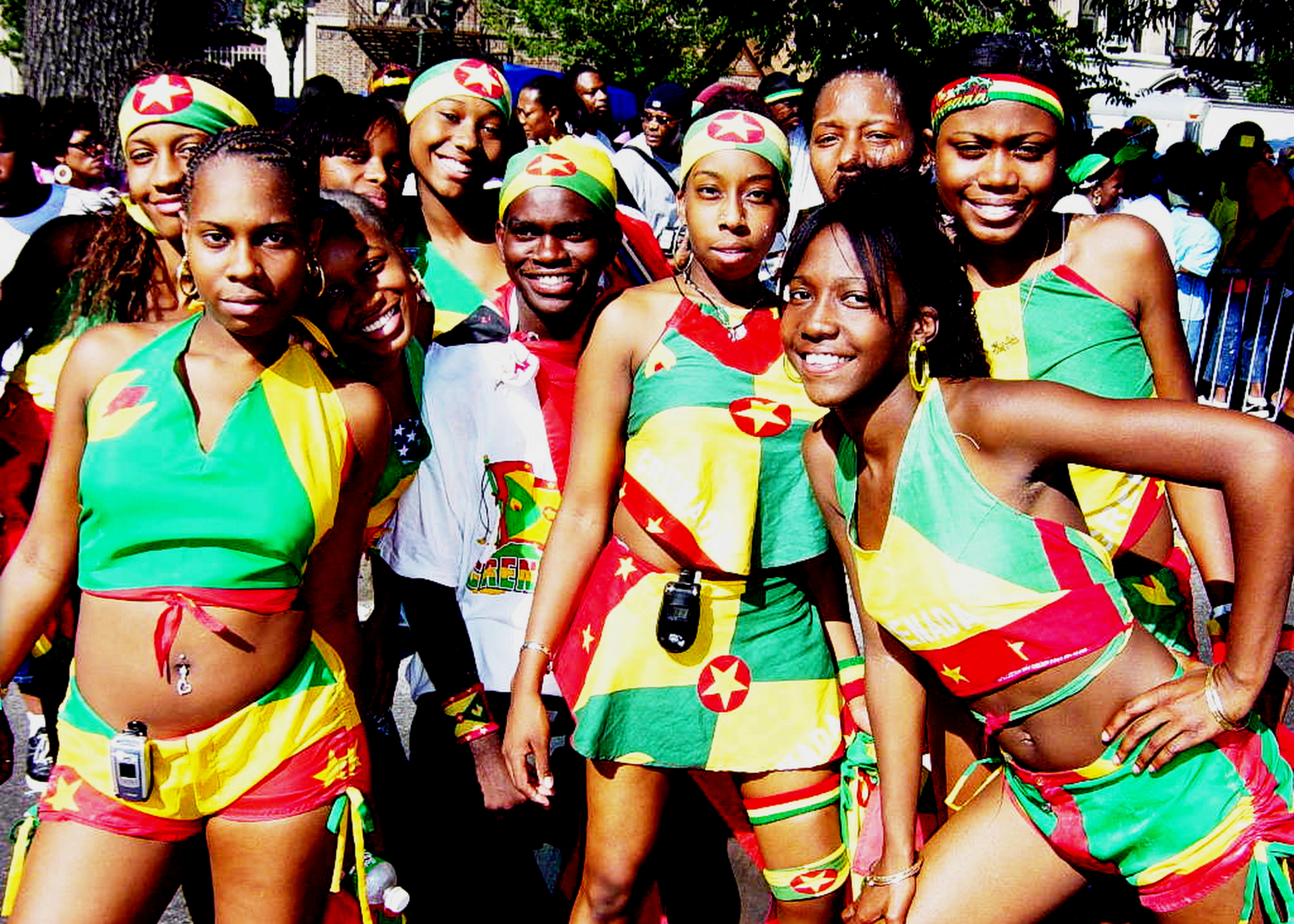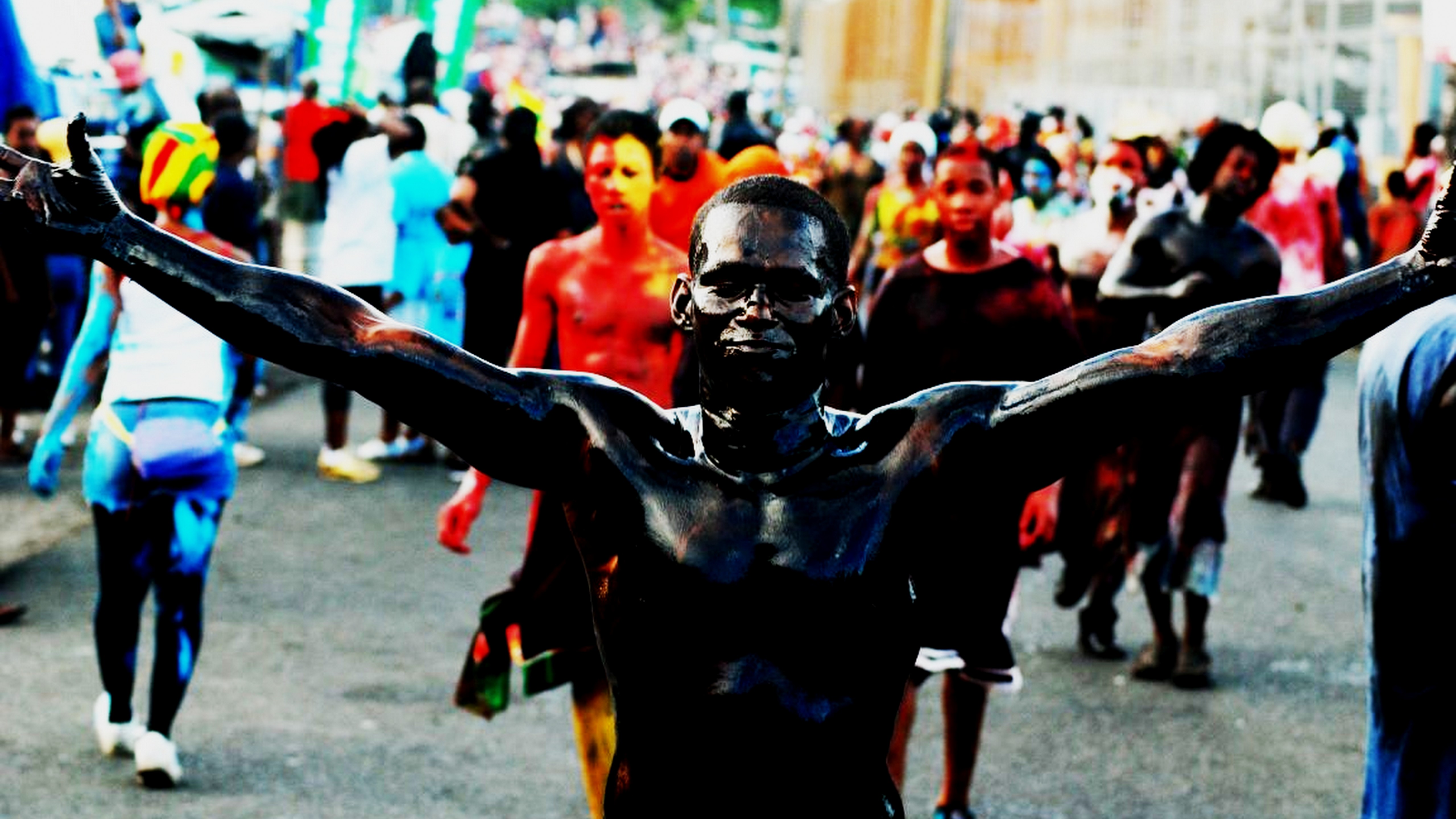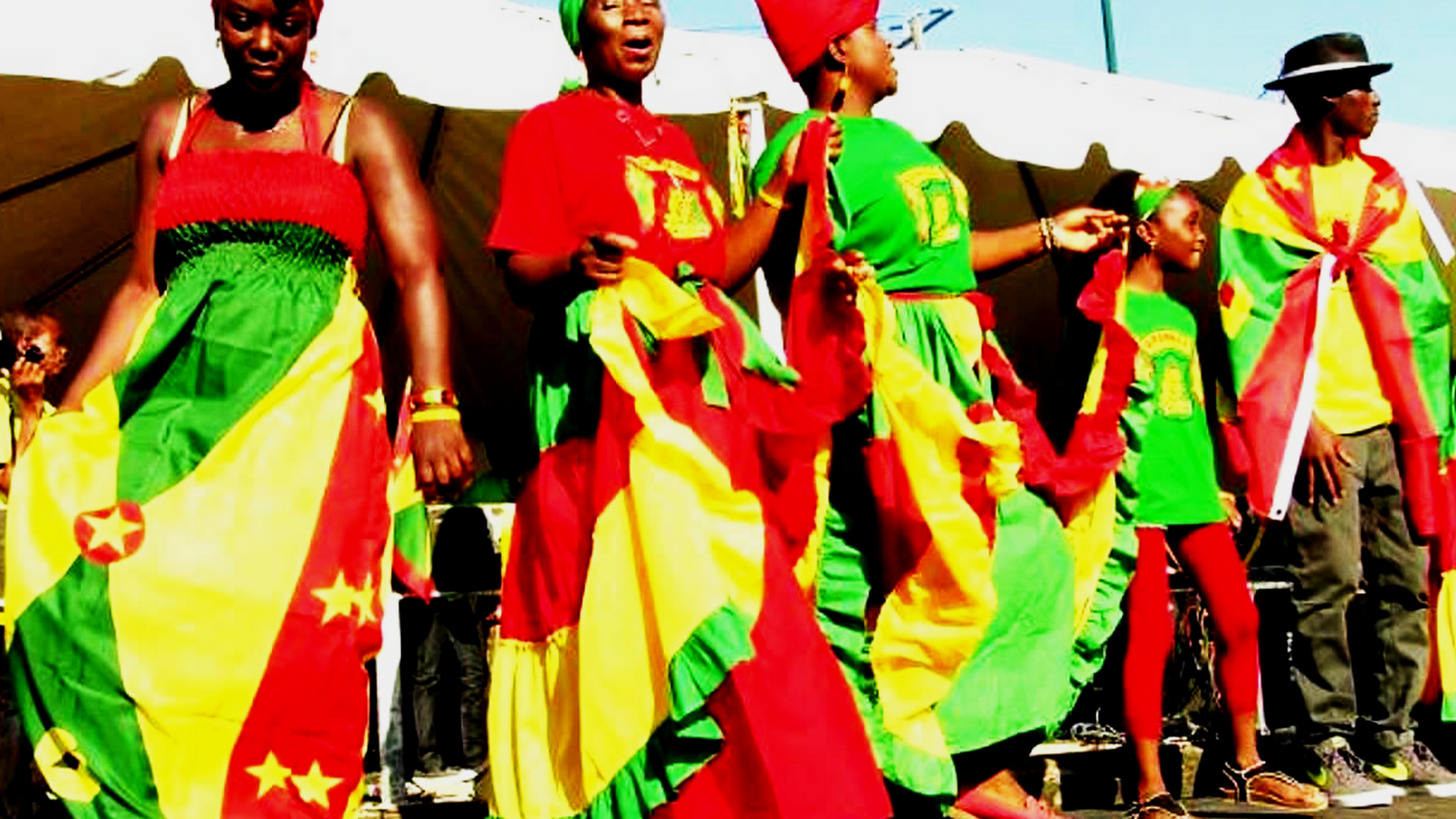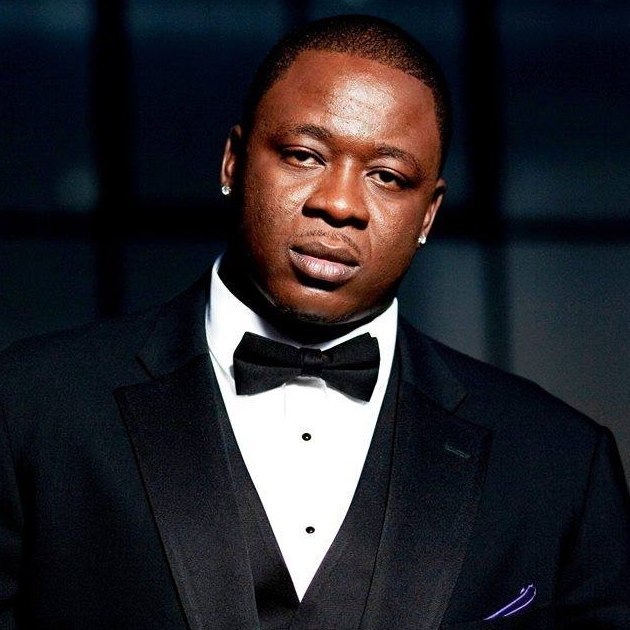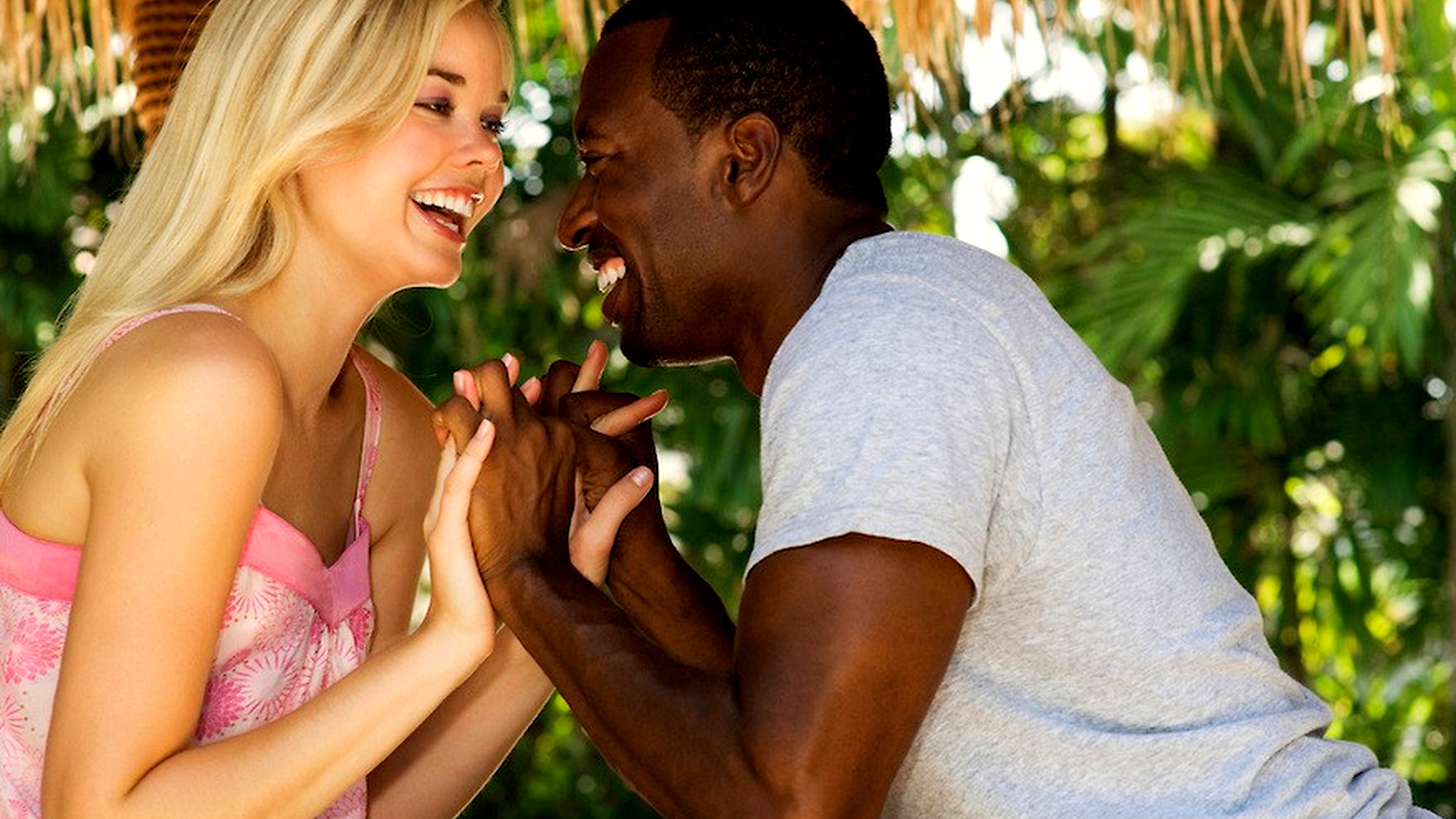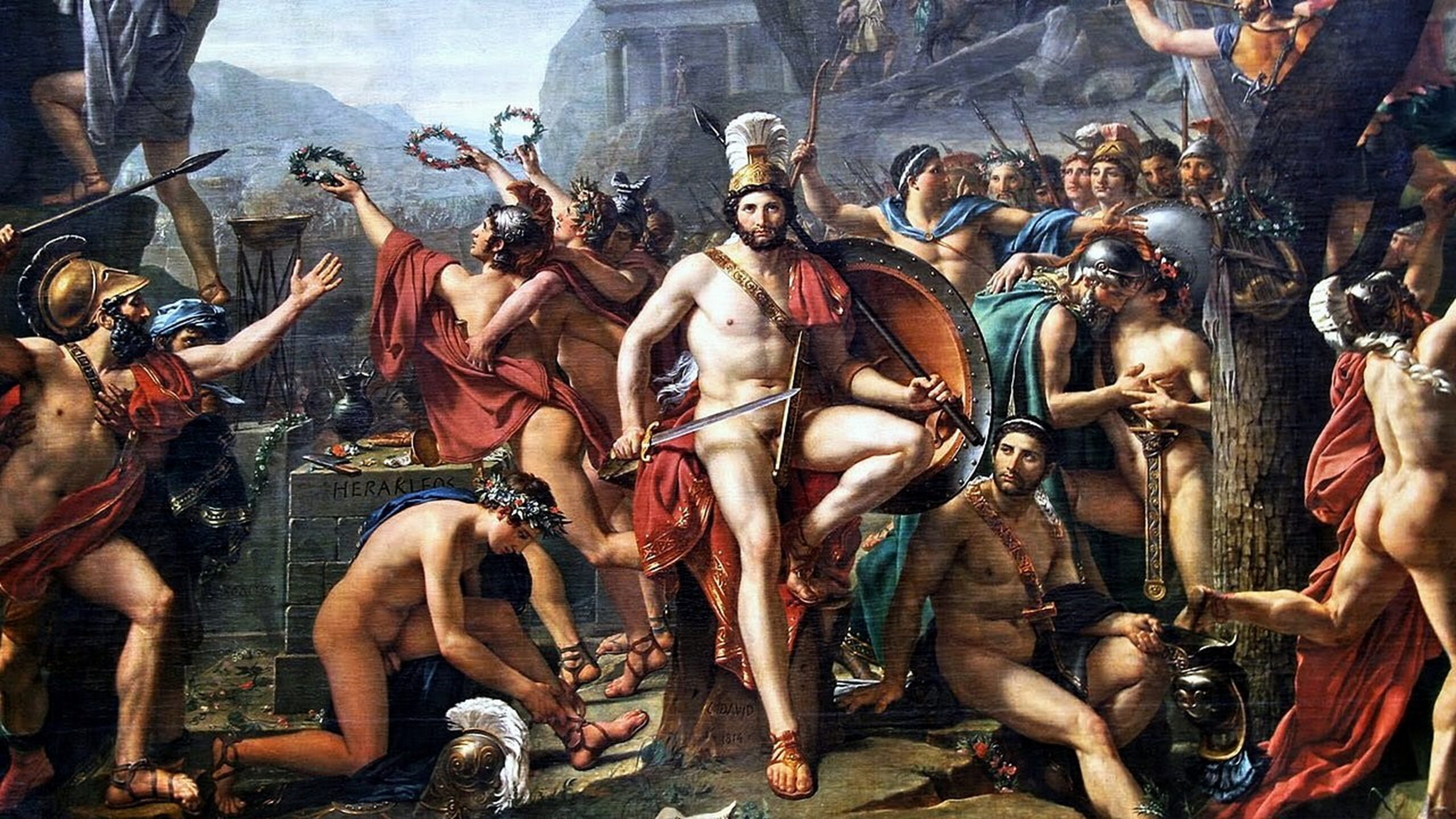I have a lot to learn about the origin of this great civilization. Therefore I may not be the most prudent narrator of the account of an island in the Caribbean. I will approach this as a student of this culture. I am someone who marvels at the customs of the Aboriginal people. That has led to my opinion on related subjects I have read. How can migrating people travel to The Greater Antilles while avoiding the lesser? Isn’t it safe to assume that migration happens in succession? As long as people migrated from South America, we must credit one group, the ancestors. These are bearers of the ethnic composition that the descendants currently inhabit. The modern inhabitants of the islands in the Caribbean region are Christians.
We also know that a large number of people from ethnic origin
Many historians go by various archaeological finds. Some use folklore, diaries, and letters of the period to understand history. It may suggest that the Taino people first inhabited the Caribbean Islands. There may have been a civilization that predates the Taino. We also know that many people from ethnic origins usually come from various tribes, for there cannot be a people without ancestry. If this ancestry goes back to them, there must be a point of origin that dates before them. To me, this is what makes one an everlasting student of the subject.
Africans, Tiano, Arawak, and Carib Ancestry
As historians suggest, centuries later, the Arawak people gradually overcame the Tainos. That bit of information got my mind going. These Aborigines initially inhabited what we know as Canada and the United States. The Mayans, Aztecs, and Tainos occupied South America. That made it safe to suggest that it is possible. The Aboriginals, Arawak, Taino, Aztecs, and Caribs came from the same pattern. As a freelance writer of biographical and documentary information, I’m not claiming to have the ultimate knowledge. Evidence shows that the Grenadians may have come from Sierra Leone as well.
That made it safe to suggest that it is possible. Tthe Aboriginal, Arawak, Taino, Aztecs, and Caribs came from the same pattern.
There is much to study about Grenadian heritage. With this bit of history, I would venture to suggest that I merely analyzed this information through a sterile lens. There is a Temne ethnic group in Grenada that speaks Temne until this day. Since the account is subject to various interpretations, I look for the common denominator. In Grenadian culture, they prepare a meal called “Kalalu,” which is identical to Sierra Leone’s Cassava leaves. However, we can now say these are descendants of enslaved Africans. They are also descendants of Taino, Arawak, and Aboriginal settlers.
European Influence
Consequently, the Caribbean culture is a hybrid of Aboriginal civilization infused with European influences. By European, I am referring to Spanish, French, and English colonizers. With confidence in my understanding of African heritage, I say there is still a multitude of cultures and heritage from Europe. And some of the customs and traditions originate from Africa. It should be noted that the infiltration of European explorers fundamentally affected the changes that took place. Africans were added to this mixture of cultures, but the similarities between the two formed a perfect alliance that gave rise to what we have today. Under this context, I would like to describe the island and culture of Grenada.*
